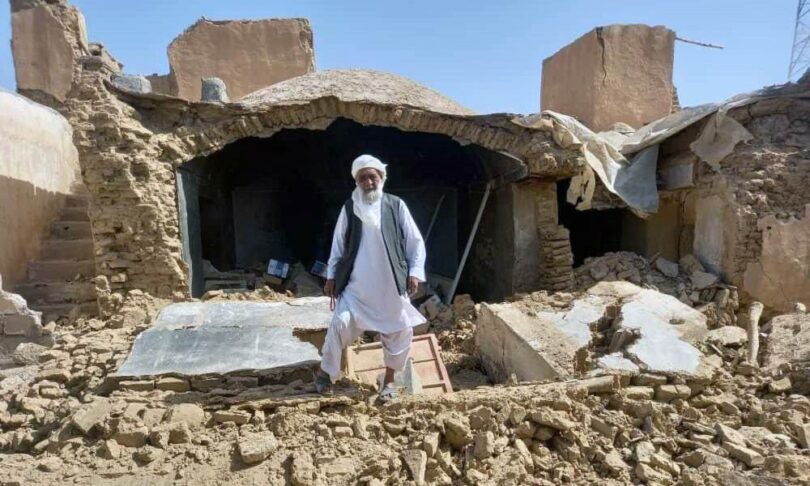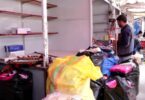HERAT (Ariana News): The United Nations said in a report released Thursday that $402.9 million is needed to support critical recovery and reconstruction efforts in Herat province following last year’s devastating earthquakes.
According to the Post-Disaster Needs Assessment (PDNA) report, issued by the UN, the World Bank, the European Union, and the Asian Development Bank, the scale of October’s was staggering.
Housing, the most severely affected sector, represents 41 percent ($164.4 million) of the total recovery needs.
The earthquakes damaged 49,578 houses, with 13,516 being completely destroyed.
Education is second most impacted sector, with 180,000 students and 4,390 teachers currently facing disruptions. The agriculture sector, accounting for the majority of jobs and income in the affected areas, has also suffered considerable setbacks.
The series of earthquakes on October 7, 11, and 15 killed over 1,500 people and injured more than 2,600 people.
The assessment, with UNDP as the technical lead, covered nine districts with roughly 2.2 million people.
It revealed that over 275,000 individuals were affected. Among these were 17,358 pregnant women, 17,146 infants, 3,976 people with severe disabilities, 3,207 elderly families, 6,806 women-led households, 3,176 individuals with chronic illnesses, and 147,000 children under 18.
Herat, Injil, and Zindajan districts were the hardest hit, with rural and vulnerable communities suffering the most.
The assessment also evaluated broader macro-economic and human impacts and proposed principles for a comprehensive recovery and reconstruction framework.
It cautioned about persistent widespread poverty, slow economic recovery, job scarcity, banking sector instability, adverse impact on mental health and wellbeing, and climate vulnerability, exacerbating Afghanistan’s ongoing economic challenges.
Way forward
The PDNA emphasizes the critical need to transition from immediate humanitarian aid to long-term recovery.
Recovery strategies should prioritize building community resilience, service restoration, earthquake-safe housing, livelihood options, social protection, and access to basic services, especially for the most affected families, the report stated.
“As the United Nations and partners, we stand in solidarity with the people of Afghanistan in these challenging times. The findings of the PDNA highlight the profound impacts of the earthquakes on the Herat region.
“We are committed to not only addressing the immediate needs but ensuring a sustainable and resilient recovery for those affected by the earthquakes. This tragedy presents an opportunity to rebuild stronger, more inclusive, and more resilient communities. The PDNA provides a blueprint for recovery and reconstruction aimed at forging a better future for those most affected in Afghanistan,” stated Indrika Ratwatte, Deputy Special Representative of the Secretary-General, Resident and Humanitarian Coordinator.







